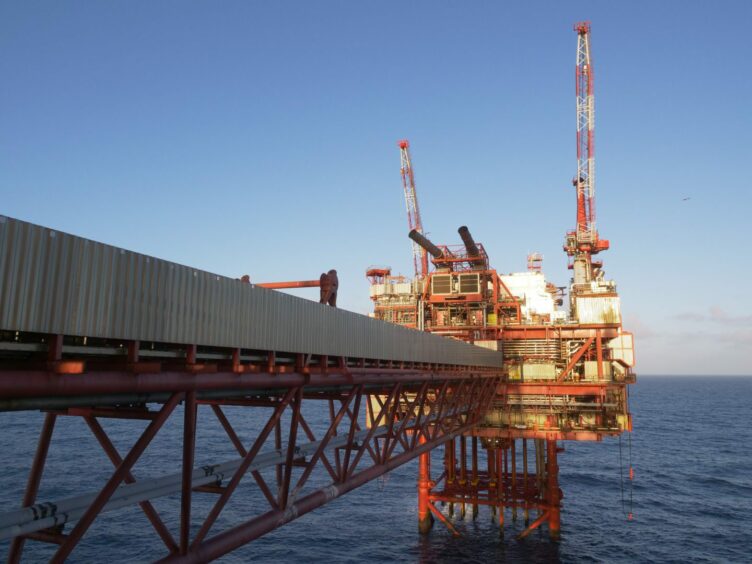
Harbour Energy (LON: HBR) has confirmed cuts to its planned UK spend in response to Westminster’s tinkering of the tax regime.
In a trading update published on Thursday, the North Sea’s largest oil and gas producer said it is no longer pursuing “certain opportunities” due to the changes to the energy profits levy (EPL).
As well as snubbing the 33rd licensing round – news of which broke last year – Harbour is not going ahead with the TotalEnergies-operate EIH well at the Elgin Franklin field.
The announcement comes just hours after the London-listed oil giant confirmed plans for a series of job cuts, also as a result of the windfall tax.
Harbour has initiated a review of its UK organisation to “align with lower future activity and investment levels in the country”.
Company chief executive Linda Cook said: “We remain committed to playing an important role in the continued supply of reliable and responsible domestic oil and gas in the UK.
“However, while oil and gas prices have reverted to more normal levels we still face a tax rate of 75 per cent in the UK due to the recent tax changes, making investment in the country less competitive.
“As a result, the EPL necessitated a review of our future activity levels in the UK and reinforced our ambition to grow and diversify internationally.”
Windfall tax payment for 2022
Harbour has been one of the most vocal critics of the government’s windfall tax, which raised the headline levy on oil and gas producers to 75%, following an increase in November.
Notably, the change to the policy also came with the removal of a sunset clause, that would have caused the EPL to dissolve if oil fell below a certain price.
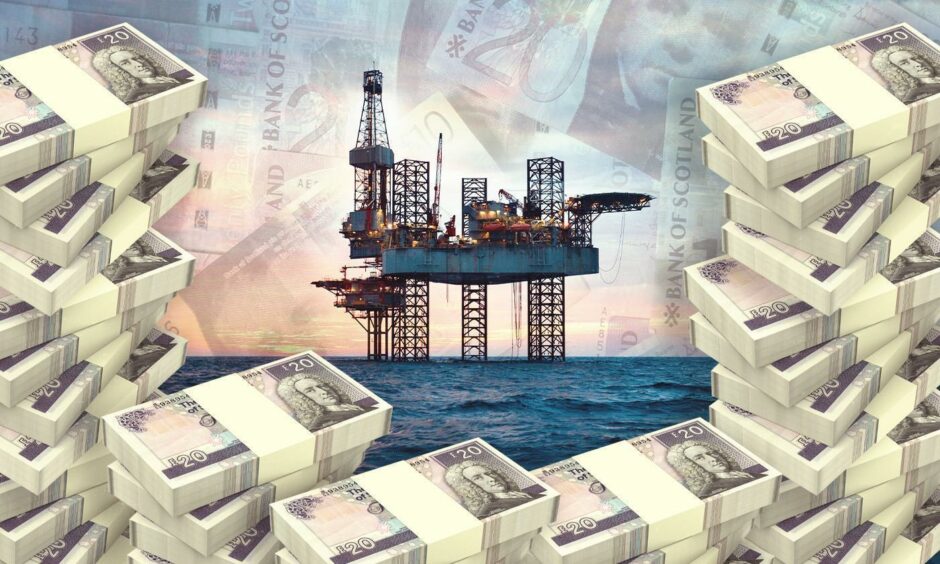
Harbour revealed on Thursday that it expects to hand over around $600 million (£487m) in tax for 2022.
That is more than double 2021’s figure, in part driven by the introduction of the EPL.
Harbour’s estimated 2022 windfall tax liability is over $350m, of which about $200m was paid in 2022, with the rest to be paid in 2023.
Spend on ‘high return, lower risk’ opportunities
What UK investment remains will be focused on “high return, lower risk, infrastructure-led” opportunities, Harbour said.
That includes Tolmount East and Talbot development drilling, the Callanish F6 infill well, Leverett appraisal and the Jocelyn South exploration well.
Continued progress is also being made on Harbour’s two UK CCS projects ahead of investment decisions, subject to receiving clarity from the UK Government on the regulatory regime.
Harbour’s international spending will be largely comprised of further exploration drilling across its Andaman Sea licences, offshore Thailand.
Financials ahead of 2022 results
As it stands, the company expects to be net debt free in 2023, with “flexibility over future capital allocation retained”.
That includes for meaningful acquisitions and additional shareholder returns over and above its stated $200 million annual dividend.
In its 2023 guidance and outlook, Harbour is forecasting production of 185-200 thousand barrels of oil equivalent per day (kboepd), supported by new wells coming on-stream, including at J-Area, Beryl and Catcher.
Unit operating cost is tipped to be around $16/boe, higher than 2022 due to lower volumes and inflationary pressures, partially offset by ongoing consolidation of key supply chain contracts.
Harbour’s total capital expenditure will be about $1.1 billion, including $200 million on decommissioning, 85% of which will come in the UK.
Ms Cook said: “As we look to 2023, we enter the year in a strong financial position and with plans to advance a number of exciting opportunities. As always, we will remain disciplined and very focused on optimizing the allocation of our capital between the balance sheet, investment in growth and shareholder returns.”
Ahead of the formal publication of its full-year results for 2022 on March 9, Harbour has shared its 2022 financial highlights.
They include estimated revenue of $5.4bn, with realised post-hedging oil and UK gas prices of $78/bbl and 86 pence/therm, versus an average Brent price of $101/bbl and UK NBP gas price of 198 pence/therm.
A ‘significant one-off non-cash deferred tax charge’
Post tax earnings will be “impacted by a significant one-off non-cash deferred tax charge” associated with the EPL in the UK.
As a result of the increase in and extension of the EPL, the “revaluation deferred tax charge will be materially higher” than the previously estimated $0.6bn charge disclosed in its 2022 Half Year Results.
Capital expenditure for 2022 is tipped to be around $1.0 billion, in line with latest guidance and materially lower than the $1.3 billion forecast at the outset of the year.
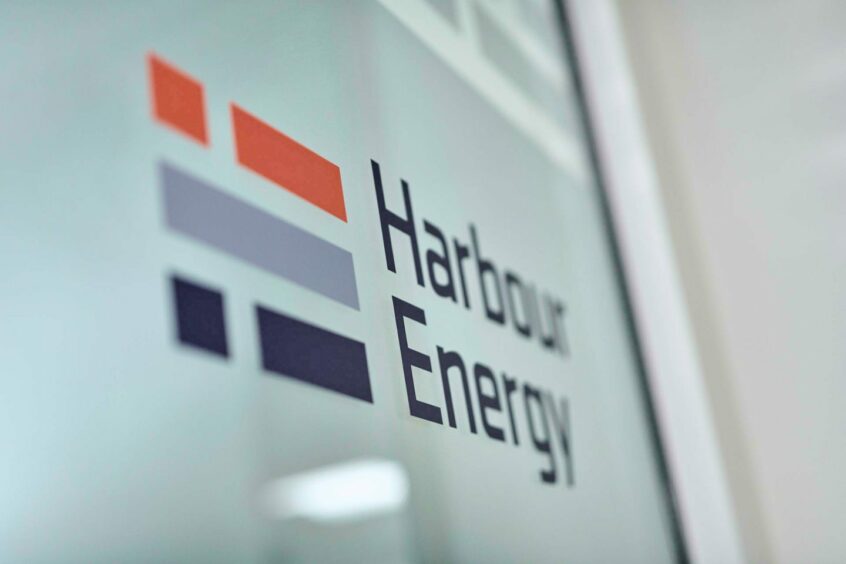
Harbour says this was due to the decisions not to proceed with several North Sea exploration and appraisal wells, as well as the delayed arrival of rigs at some locations.
Total shareholder distributions for 2022 were $600m, comprising around $200m annual dividend and $400m of share buybacks.
Ms Cook added: “Against a backdrop of ongoing geopolitical, economic and fiscal instability, I am proud of the company’s accomplishments during 2022. Thanks to the Harbour team’s performance and significant past investment, production was materially higher which, together with improved margins, enabled us to continue to deleverage and make material shareholder distributions. We delivered c.15 per cent of the UK’s domestic oil and gas supplies, supporting energy security at a critical time while reducing our greenhouse gas emissions and progressing our UK CCS projects.”
Recommended for you


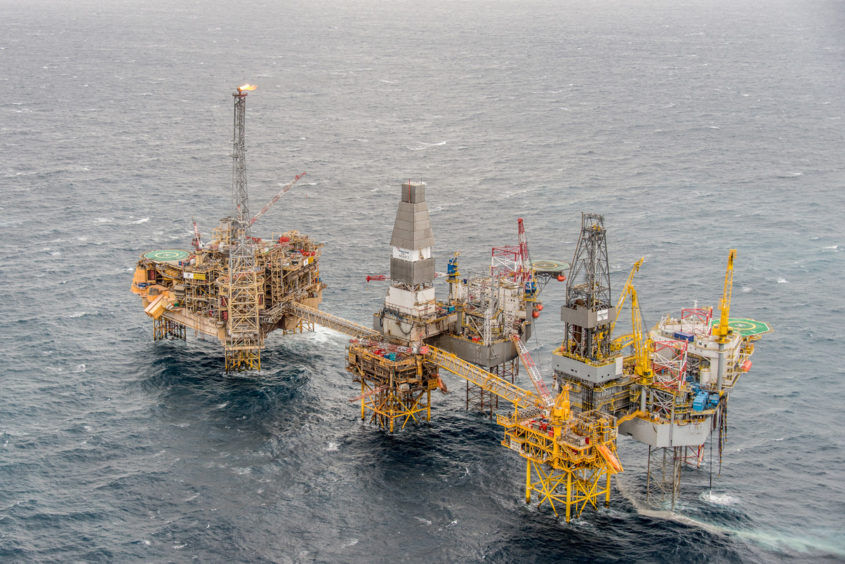
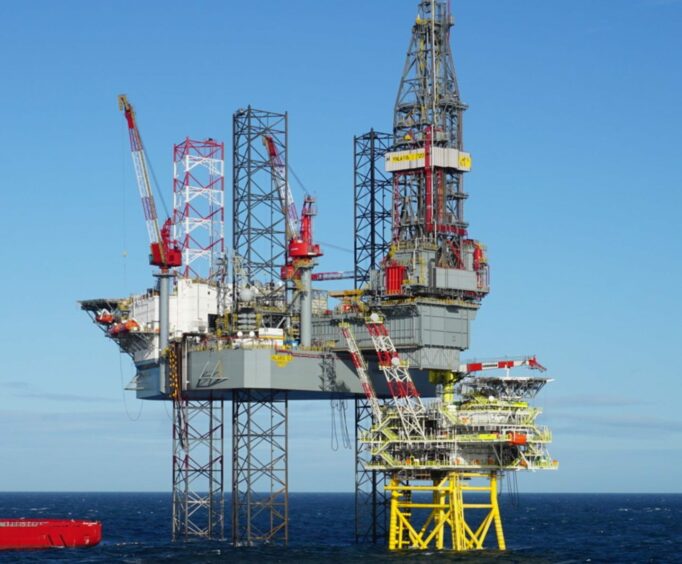 © Supplied by Harbour Energy
© Supplied by Harbour Energy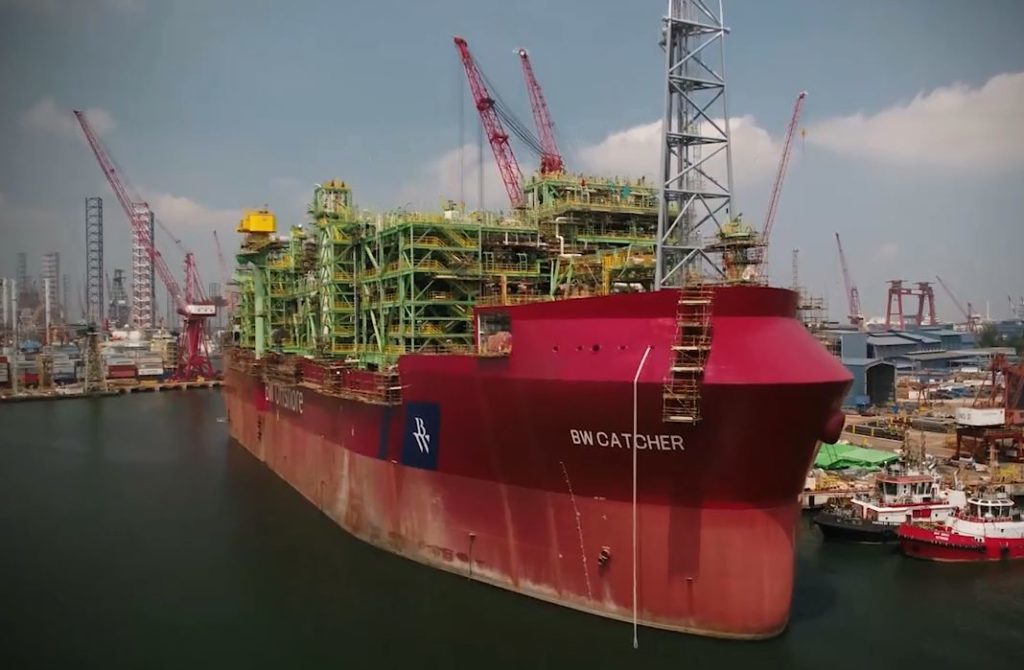
 © Supplied by Harbour Energy
© Supplied by Harbour Energy